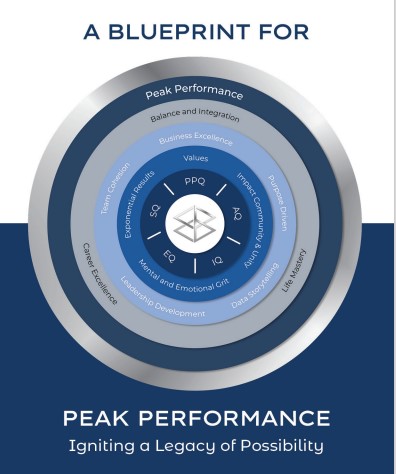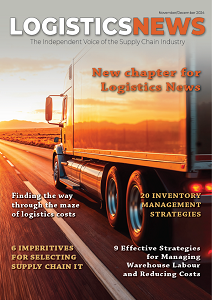The key to supply chain success is to automate value chains, not tasks, to integrate your artificial intelligence (AI) through human intelligence (HI).
What if it is possible that one day our children may live in an era of technological dictatorships – implanted computer chips that read and monitor our thoughts, where our every move is tracked by facial recognition and an algorithmic obedience system deployed by governments throughout the world?
In this dystopian future, our leaders would use artificial intelligence (AI) to decide if we could receive welfare, education, medical care, or even food. In an everything-automated world, most people would be without work in an economy of digital exclusion. Only a small percentage of humans on earth would be digitally equipped to function in the economy. Such a future is possible if we do not control and regulate technology in our current age. So argues Johan Steyn, an AI and automation thought leader.
Is this what we are building through today’s business automation craving? Are we creating our own demise by dehumanising each other with boardroom acronyms such as full-time equivalent (FTE), like our fellow citizens are merely headcount, a general consumable, expendable?
If hindsight is 2020, we need to apply foresight in 2022 and apply responsible AI or we will land humanity in the wrong ICU – time for CPR. The difference between AI and humans is a heart. Our heart holds the code to human intelligence – when we connect, become present and receptive, we can reimagine the future.
The skills of the future are not more technology and hard skills; these are empty without soft skills. The World Economic Forum Future Skills list for 2025 largely comprises the soft stuff such as critical thinking, flexibility, resilience, emotional intelligence, complex problem solving and originality. Soft skills were traditionally perceived as inferior to hard skills because they were difficult to quantify and measure. At school level, hard skills such as literacy and numeracy are systematically measured and graded, but resilience, empathy and teamwork are not. Due to this perception, a change of terminology has been proposed from ‘soft skills’ to ‘essential skills’, ‘complex skills’ and ‘human capabilities.’ With technology rapidly changing, hard skills become obsolete even faster. According to Harvard Business Review, the best way to make organisations more data-centric and digital is to invest in people who are most adaptable, curious and flexible in the first place. Just as supply chain has been the essential service during the pandemic, so these essential skill sets are taking centre stage in the future of work.
Future peak performance is paved with mental and emotional grit and cemented by the social art of communication, reskilling and integrating your four human intelligences:
Agility quotient (AQ) is about mindset, the ability to deal with adversity, persevere and place oneself in optimum position.
Emotional quotient (EQ) is the ability to recognise and manage one’s own emotions as well as the emotions of others with resilience and flexibility.
Social quotient (SQ) determines how well we interact with others. Communication is an art and influence requires attentive listening and empathetic feedback.
Intellectual quotient (IQ) is the original intelligence measure that is a fixed number based on numeracy and literacy.
Should we continue to focus on profit at all costs and efficiency at human costs? We will end up in business ICU. The key is to automate value chains, not tasks, to integrate your artificial intelligence through human intelligence. We can gain exponential results, inspire our community and unify a legacy of possibility, supplying a sustainable future our grandchildren will be grateful for and thrive in. •

.jpg)


